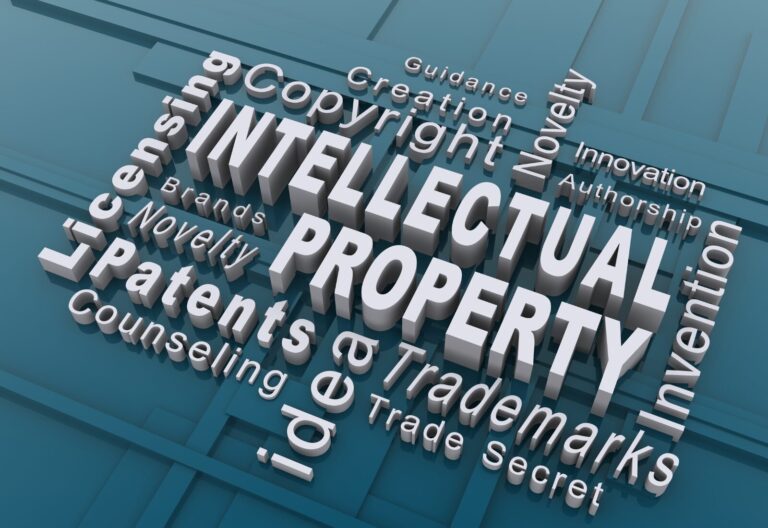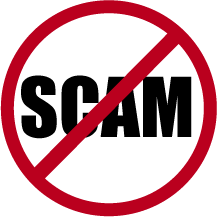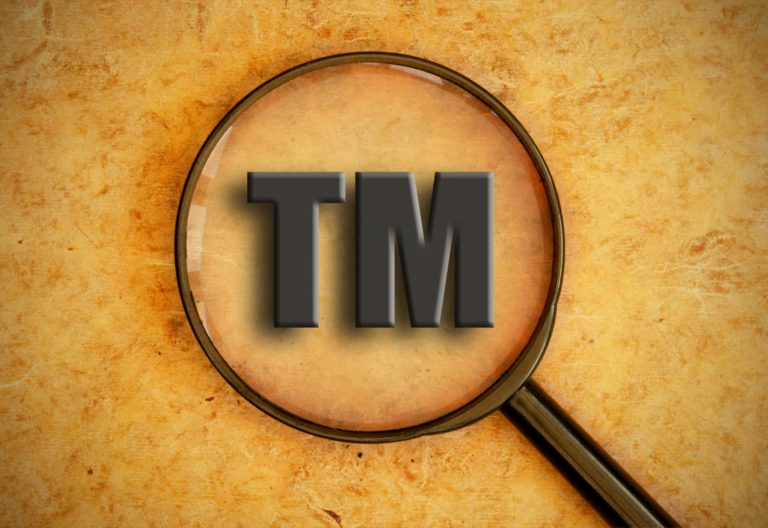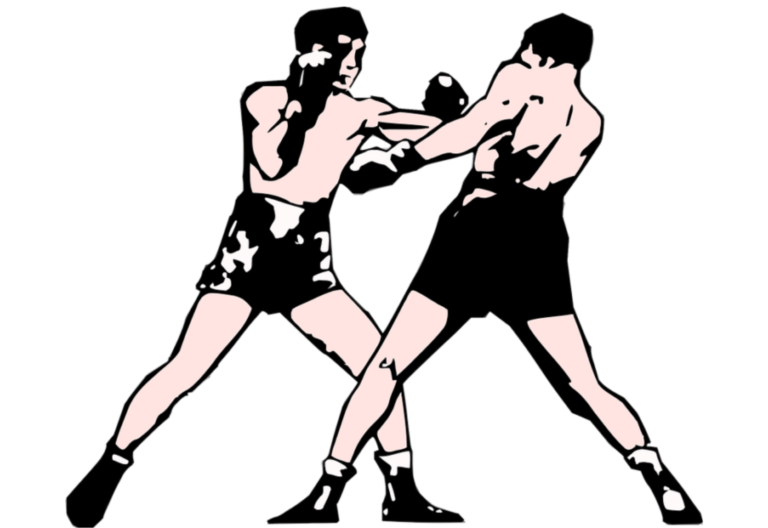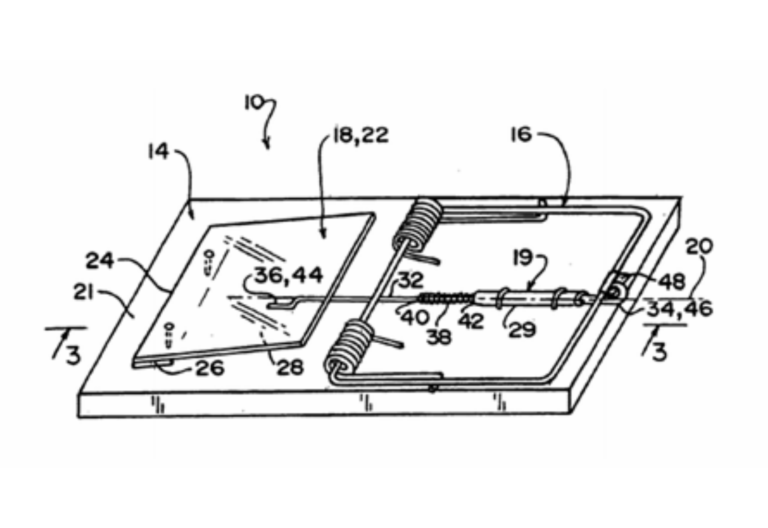
Deepfakes and the Legal Avenues to Combat Them
Deepfakes — sophisticated AI-generated videos capable of seamlessly grafting a person’s face and voice onto another body — are stark examples of the challenges faced with AI technologies. Deepfakes are hyper-realistic fabrications that blur the lines between truth and fiction, presenting a formidable threat in the realm of misinformation. Deepfakes also have political implications, painting











